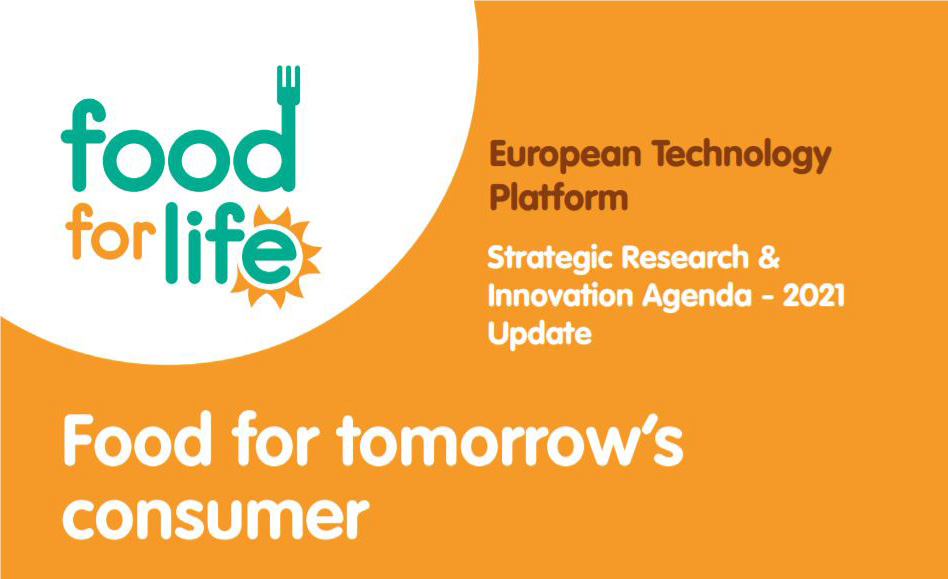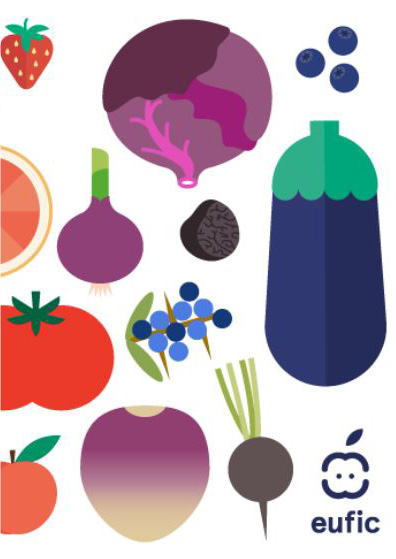Food for Thought: How European Food Education Projects are Shaping the Future
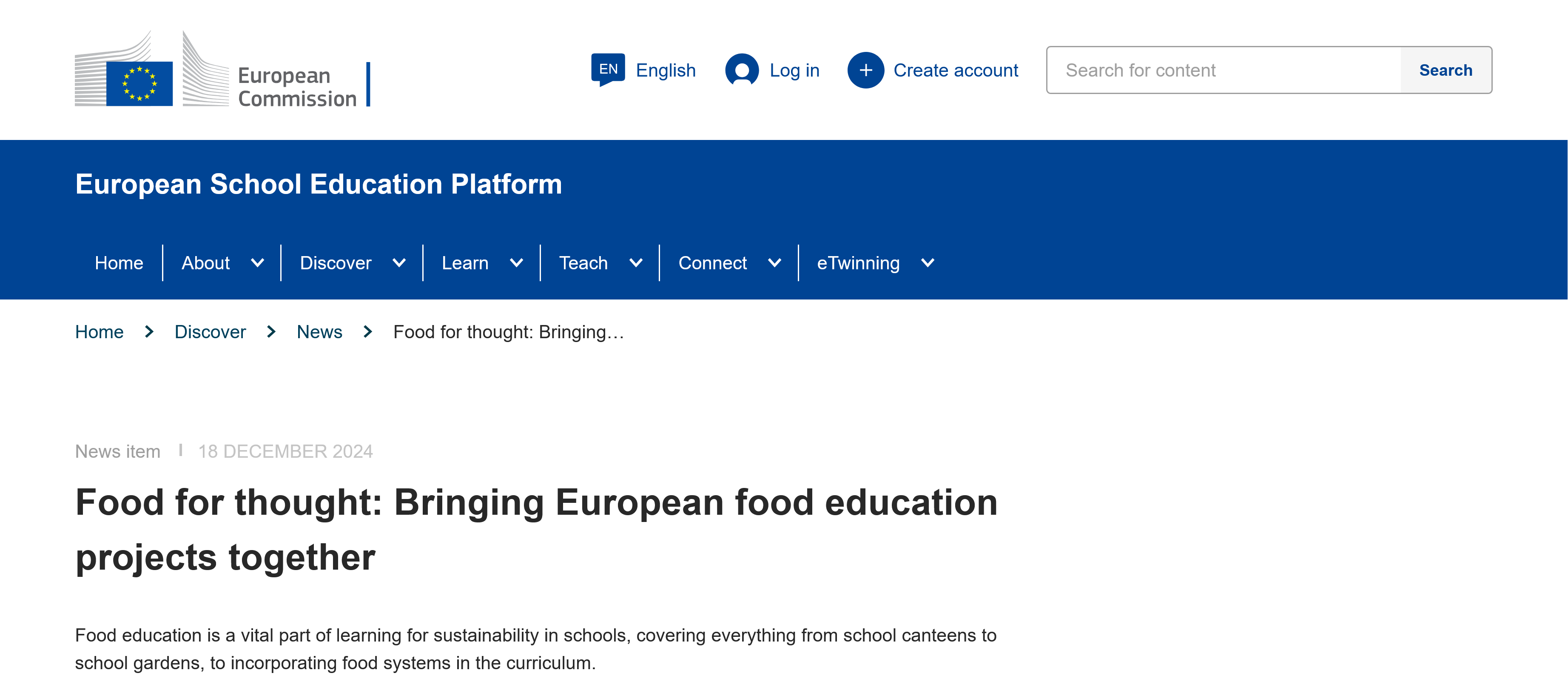
The FoodSafety4EU project, which ended in 2023 and evolved into the EU FOOD SAFETY PLATFORM, proudly participated in the online workshop “Food for Thought: How European Food Education Projects are Shaping the Future,“ hosted by FoodEducators in collaboration with the European Commission. This interactive networking event brought together over 10 EU-funded food education projects, supported by programs like Erasmus+, Horizon Europe, and Interreg-BSR, to explore innovative approaches to food education across Europe.
The experts discussed strategies for improving the reach and impact of food education across Europe, underlining the importance of collaboration, adaptability, and sustainability in food education, thus paving the way for more inclusive and impactful initiatives.
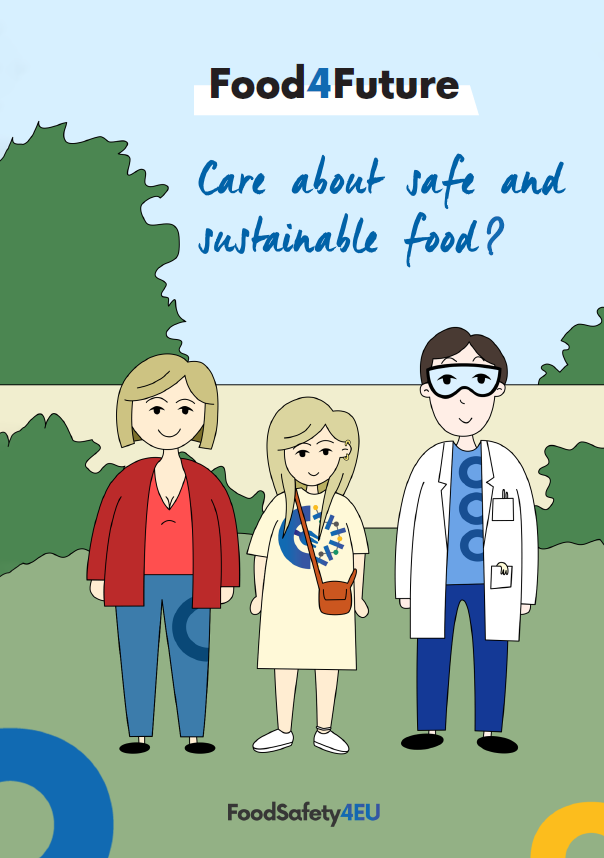
FoodSafety4EU, represented by Nunzia Cito, presented the resources and methodologies used to boost communication on food safety to the large public and students. The successful strategies were co-developed with stakeholders by Monika Tomaniová, from the Prague Institute of Chemical Technology, Line Linder (ISEKI FOOD) and Lamia Somai from INSSPA, Tunisia. The resources have been shared with the experts during the workshop, and are available in our Knowledge Centre here.
The expert group highlighted the following key insights:
Supporting Vulnerable Communities: More efforts are needed to engage and support vulnerable groups in food education programs.
Adapting Existing Resources: The focus is shifting towards tailoring existing educational materials to diverse audiences through translations, cultural relevance, and accessible formats.
Centralised Resource Repository: Participants highlighted the need for a central ‘library’ of resources to ensure usability, bridge projects, and preserve expertise beyond individual project lifespans.
Effective Communication: Engaging children and youth is best achieved through teachers and school events, while social media campaigns can broaden outreach to families. Simplifying language and localising content are key strategies.
Diverse Partnerships: Collaboration with local producers, researchers, policymakers, and community stakeholders can enrich food education initiatives, fostering stronger connections.
Utilising Existing Networks: Leveraging established networks like schools or events such as the European Researchers’ Night enhances engagement and outreach.
Sustaining Partnerships: Building reciprocal partnerships that offer mutual benefits ensures long-term stakeholder commitment.
Sustainable Funding Models: Developing strategic and ethically sound funding models is essential for sustaining and expanding food education efforts.
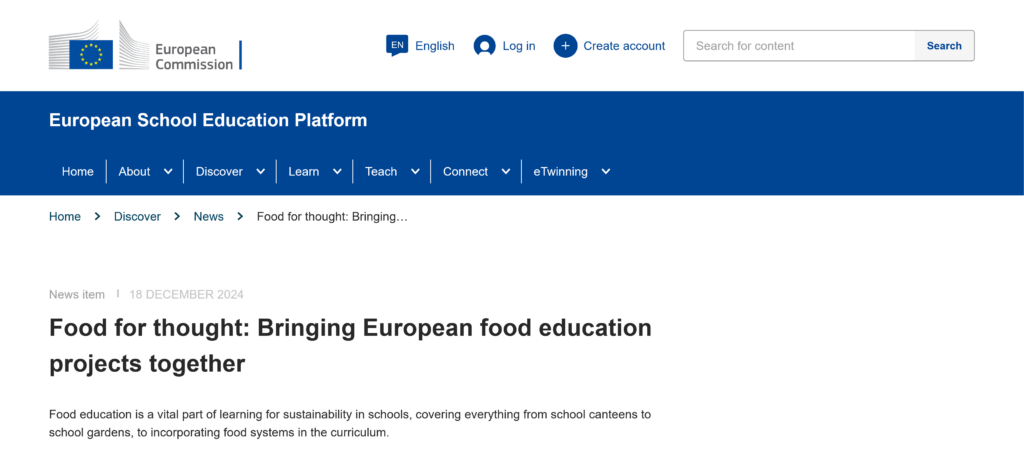
Latest News
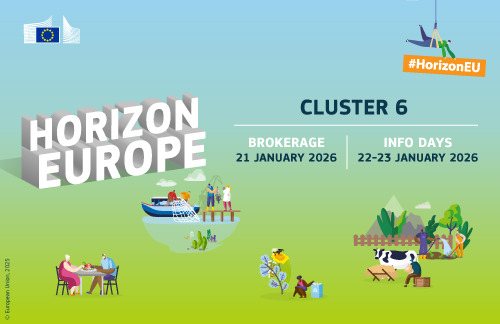
Horizon Europe R&I Infodays 2026: Cluster 6 – Food, Bioeconomy, Natural Resources, Agriculture & Environment

EIT Food Consumer Engagement Labs – SENIORFOOD
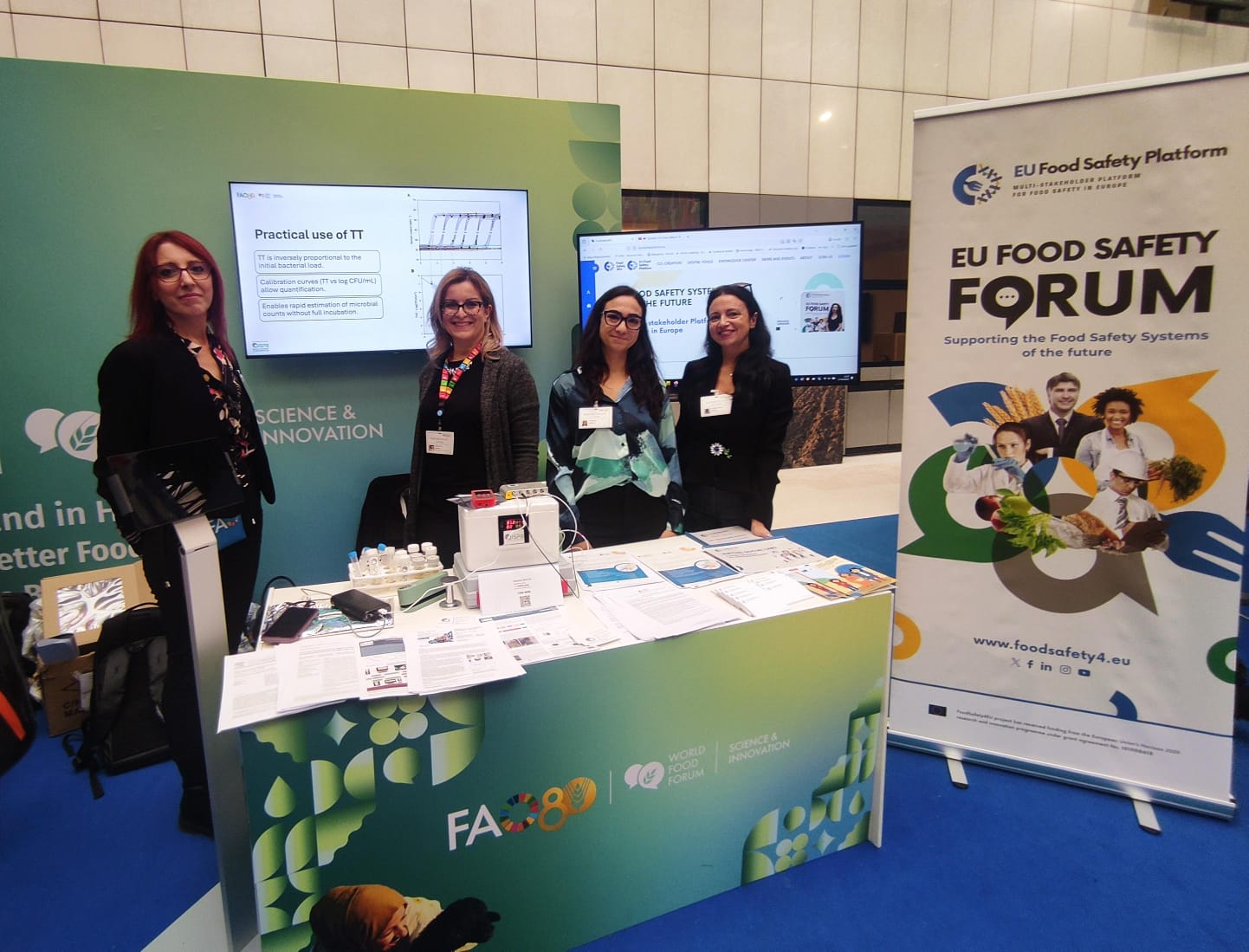
EU Food Safety Platform @FAO Science and Innovation Forum 2025
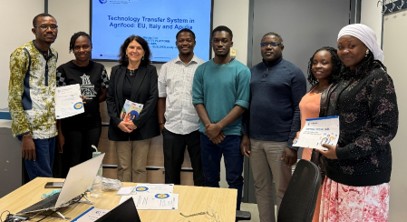
SUSTLIVES researchers in Bari @CNR ISPA and EU FOOD SAFETY PLATFORM

Cross-fertilization workshop@HOLIFOOD Consortium meeting in Bari
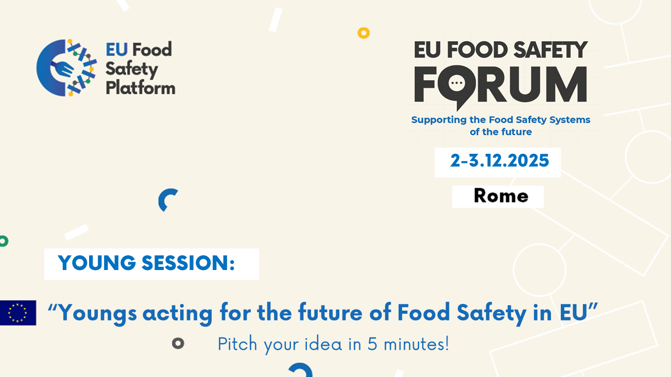
Young winners @EU FOOD SAFETY FORUM 2025

